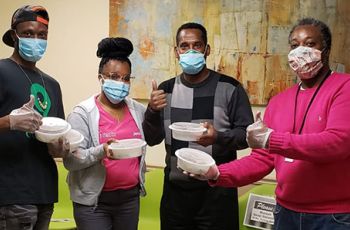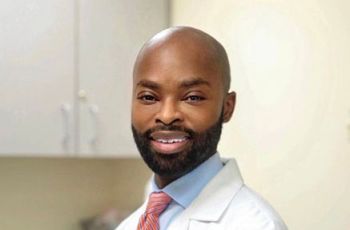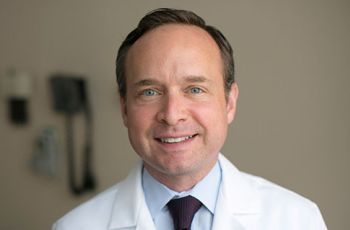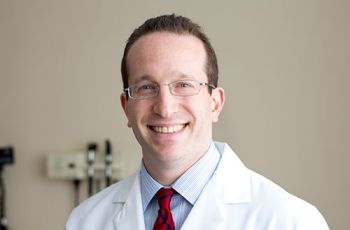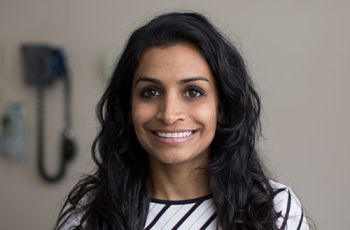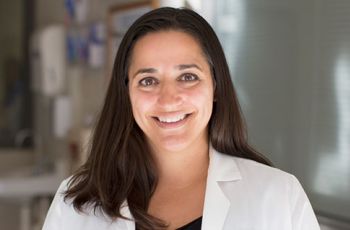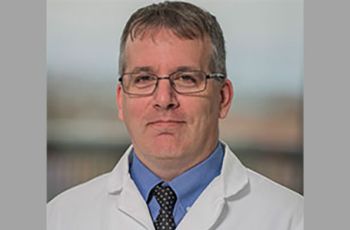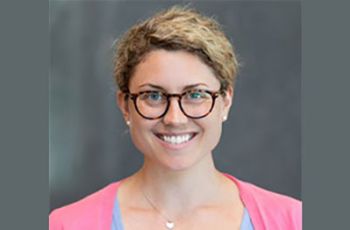Crisis Response
For the GW Rodham Institute, providing help to marginalized populations during COVID-19 is about the needs of the community. “We need to provide community-led solutions,” she said. “... [W]e are the conveners, connectors, and catalyzers based on what the community tells us it needs most.”
Michael Knight, MD, assistant professor of medicine, spoke to WUSA9 for a segment on best practices for wearing face masks and when you should wear one.
William Borden, MD, chief quality and population health officer and associate professor of medicine, spoke with WTOP for an article on COVID-19 and how it impacts patients with heart health concerns.
Adam Friedman, MD, interim chair of the Department of Dermatology, spoke with The Washington Post for an article on how to alleviate skin irritation caused by wearing face masks.
Pooja Lakshmin, MD, clinical assistant professor of psychiatry and behavioral sciences, shared tips with ABC News for how to boost mental health as the coronavirus pandemic continues.
Katrina Hawkins, MD ’05, RESD ’08, FEL ’11, is an assistant professor of anesthesiology and critical care at the George Washington University (GW) School of Medicine and Health Sciences and medical director of the Cardiothoracic Intensive Care Unit at GW Hospital offers a glimpse of life as an…
Michael Bell, MD, professor of pediatrics, spoke with ABC News for an article about some children who test positive for COVID-19 also experiencing symptoms for Kawasaki disease, a rare inflammatory syndrome typically affecting children under the age of 5.
Adam Friedman, MD, interim chair of the Department of Dermatology, spoke with WJLA-ABC7 for a segment on the increased use of telemedicine amid social distancing concerns.
As the response to the COVID-19 pandemic grew, Jeffrey Williams, MD, assistant professor at SMHS, saw a potential need for medical scribes to ease the workload facing physicians. He realized SMHS students would fit the bill perfectly.
Kelsey Borner, PhD, assistant professor of anesthesiology and critical care medicine, spoke to Romper about how parents can help reassure children who are afraid to wear face masks.
